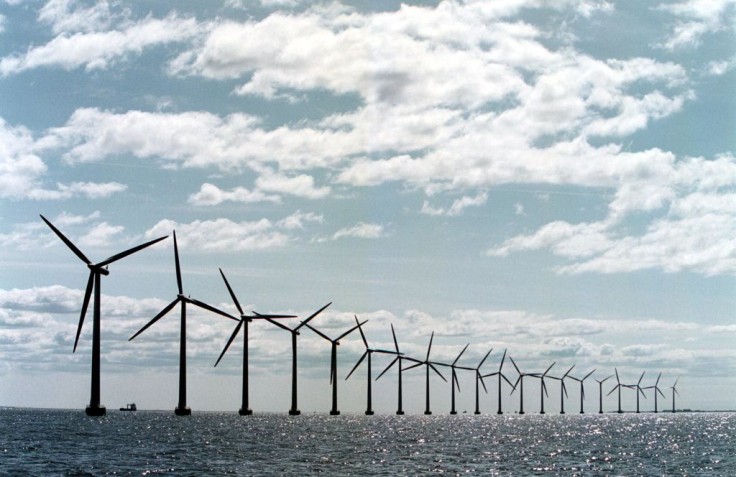Denmark and Germany sealed a $9 billion deal that would build an offshore wind hub in the Baltic Sea. The said project is expected to help reduce energy dependence to Russia.
The Denmark's minister of energy announced on Monday that the energy hub, which will be constructed on the island of Bornholm, will connect several offshore wind parks in the Baltic Sea.
The energy hub will have a generating capacity of at least three gigawatts. According to Reuters, this is enough to power 4.5 million European households by 2030.

Wind Hub Project Will Lead to Energy Security and Climate Neutrality
As part of the deal, Denmark will increase its planned wind power capacity in Bornholm Energy Island. According to The Business Insider, the country will boost its wind power capacity from 2 to 3 gigawatts.
The deal also involves a 470-kilometre undersea cable that will connect the Danish Island of Bornholm to Germany grid through the Baltic Sea, as per EuroNews.
The wind hub project of Denmark and Germany aims to reduce the region's dependence on Russian gas and oil.
At present, Denmark has offshore wind power capabilities of 1.5 gigawatts while Germany has 1 gigawatt in the Baltic Sea.
These power capabilities comprised more than 90% of the region's wind energy, according to The Business Insider.
According to the Danish government, they will spend $3 billion on the infrastructure to connect the wind parks. Meanwhile, to bolster the wind parks, an additional $6 billion would be necessary.
The project is a "landmark in energy history" at a time when "international cooperation is more urgent than ever before," said Dan Jørgensen, Denmark's minister for climate, energy, and utilities.
Meanwhile, Robert Habeck, Germany's minister for economic affairs and climate action, said that the project is a necessary step for Europe to attain "energy security and climate neutrality."
Read Also: Germany Issues Hacking Warning to Kaspersky Users; Cybersecurity Firm Responds
Wind Hub Project Will Reduce the Countries' Reliance on Russian Gas
Habeck called the Danish-German cooperation a "flagship project."
According to him, the green electricity from Bornholm Energy Island will reduce the countries' reliance on importing fossil energy. Likewise, it will "supplement the national electricity production."
Meanwhile, Germany strongly believes in the "enormous" potential of offshore wind energy in the Baltic Sea. This is according to German Foreign Minister Annalena Baerbock.
According to Reuters, the two countries will share both the investment and future profit. Neither gives further financial details regarding the $9 billion deal.
This is not the first time that Denmark and Germany are working together on energy related matters. The two countries worked together on operating a smaller cross-border cable last year. The cable links several wind farms in the Baltic Sea.
Denmark has a bigger plan to boost domestic offshore wind power production five-fold by 2030 and the Bornholm Energy Island project is one step to attain that plan.
Other Northern European countries also have early plans to create a common power grid. However, due to financing and regulatory challenges, these plans were not realized.
The announcement on the Denmark and Germany's deal on Monday comes ahead of an energy summit in Copenhagen.
The summit will discuss ways "to make the Baltic Sea region free of Russian energy and at the same time pave the way for a significant green transition," according to EuroNews.
Related Article: Germany's $1.34 Trillion Transition To Green Energy May Be Unmanageable









